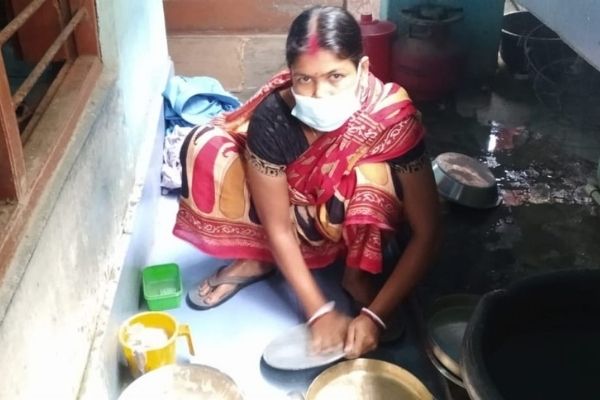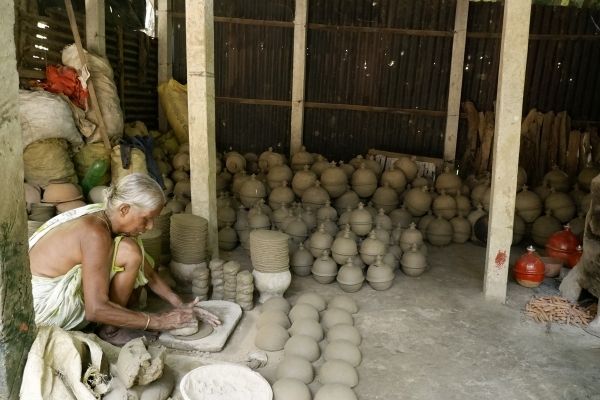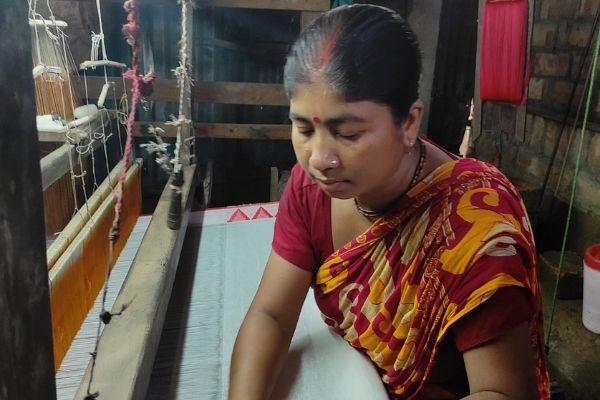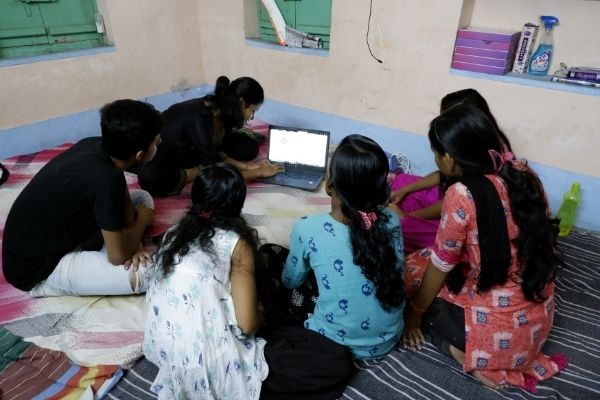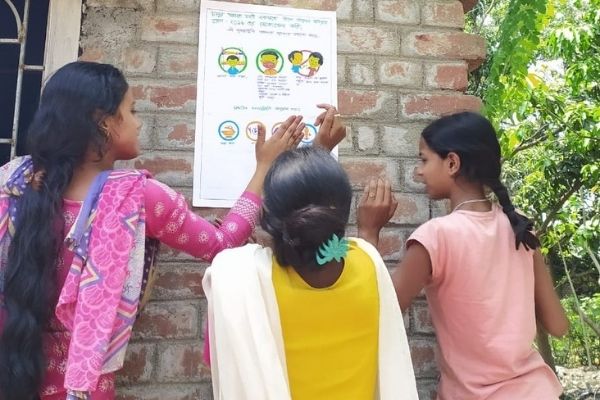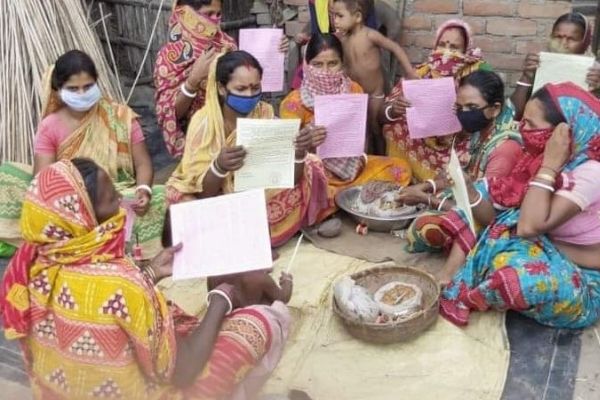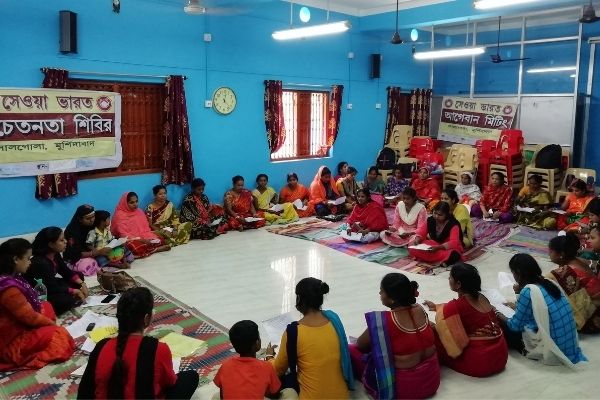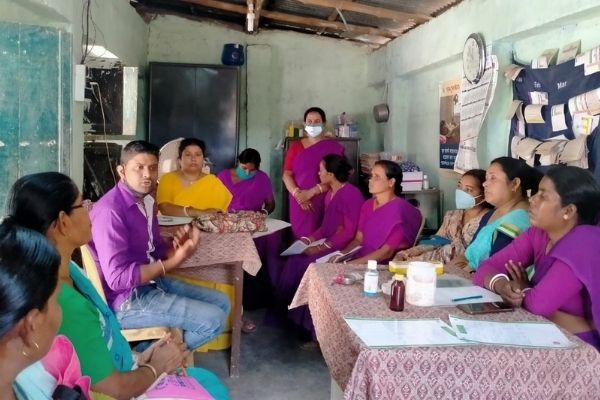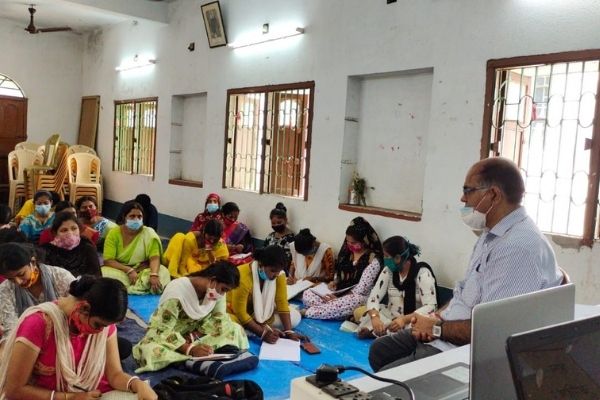SEWA Bharat’s History in West Bengal
Since 2004, SEWA in West Bengal has been transforming the lives of informal women workers engaged as handloom weavers, beedi rollers, and domestic workers. The journey of SEWA Bengal started with an inquiry into the state of beedi workers in Murshidabad, the highest number in the State. Those findings were shared with the Block Development Officer, with whose support, our work began in the two backward areas of Shamsherganj and Sammatinagar in Raghunathganj block in Murshidabad.
SEWA Bengal started to organize women and address their trade-related issues with an aim to promote sustainable livelihoods. This was carried out through advocating for regulation in the informal sector; facilitating social security protection, including access to government healthcare schemes; and promoting the women’s decision-making abilities. Our work expanded to the Lalgola block in Murshidabad and to Manikchak block in Malda in 2014, and in the next two years, we began our work with weavers and ancillary workers in Fulia.
Over the years, SEWA Bengal has been successful in growing its membership of informal women workers to 30,000 in the state and creating a cohort of community leaders for ensuring sustainable impact. In West Bengal, SEWA Bengal employs a wide range of interventions to address the complex net of vulnerabilities faced by women in the informal economy by using the strength of collective action that is aimed at self-reliance.
Major Trade Groups
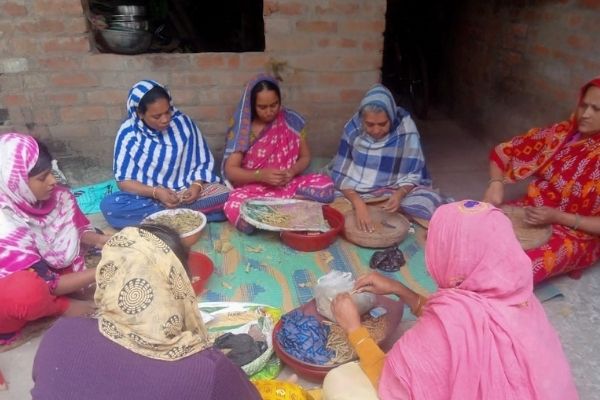
Beedi makers
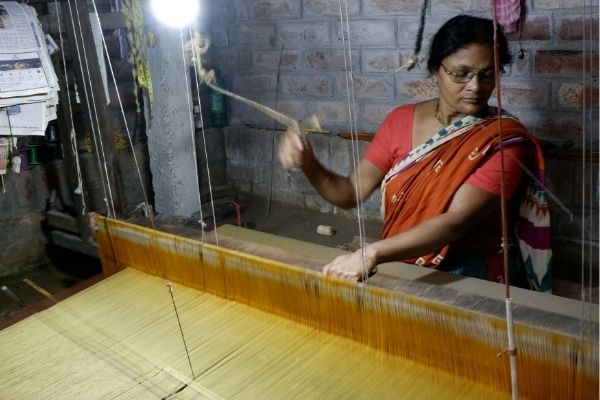
Women Weavers
